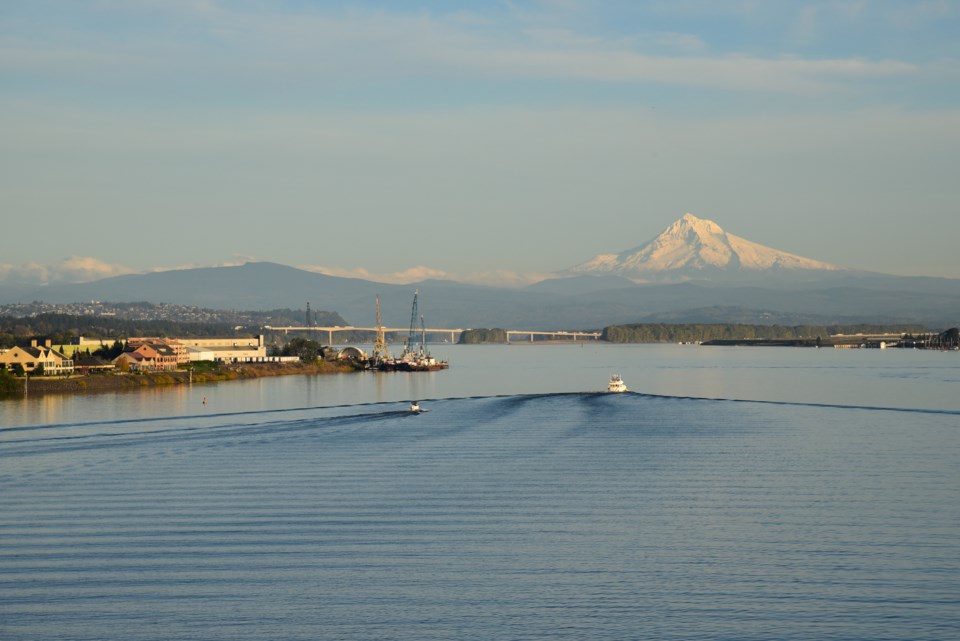Vancouver has a fascinating history.
Built on one of North America's mighty rivers, the region has long been home to several First Nations since time immemorial. When Europeans first arrived, access to the ocean made it an important site for a Hudson Bay Company (HBC) fort.
Old-growth forests common in the area were chopped down by early industrialists for export and the city grew. It was even considered as an option for the capital city at one point.
However, Portland, Oregon outgrew its neighbour to the north and Vancouver is better known as a part of its southern neighbour. That said, it's still a first class city in Washington state.
Given it often gets overshadowed by its larger neighbour and the Canadian city with the same name, here are five things you may not have known about Vancouver, Washington (a.k.a. Vancouver USA).
1. It's been called Vancouver longer
The original Vancouver, as it has been known to call itself, is older by B.C.'s Vancouver, and by a stretch.
Founded as Fort Vancouver by the HBC in 1825, it was a major fur trading hub before the U.S. took over the Oregon territory. The city proper was incorporated in 1857, nearly 30 years before the Vancouver on the Fraser River.
2. Vancouver played Vancouver
Vancouver (the Canadian one) has been known to play lots of different American towns, real and fictional, from New York and Detroit to Riverdale and Smallville.
And while Vancouver, Washington may not be the setting for many films, it was, partially, the setting of 50 Shades of Grey. While parts of the story take place in Seattle and Georgia, the film starts off in Vancouver.
3. It, too, has an ocean port despite being 100 km from the ocean
It may seem obvious that Vancouver, Washington, would have a seaport, given its neighbour is Portland, but it's not actually that close to the ocean, where most freighters spend their days.
While some inland ports can be quite far from the ocean, North America's West Coast doesn't have many (Idaho has a smaller seaport that barges use).
It's about 100 km from the coast (in a straight line) and ships going to Vancouver (the original one) have to travel about 150 km upstream in the Columbia River.
For comparison, Chilliwack is closer to the Pacific (in a straight line), and Hope is about the same distance up river. Imagine full-size freighters like the ones that sit in off of Stanley Park making their way to Hope.
4. Two Vancouvers, a grenade and a lost woman shut down the U.S.-Canada border
A woman from Houston was trying to visit her husband, a member of the American military, when she made a mistake that's probably happened before.
She was trying to drive to Vancouver, Washington, but got confused by highway signs (this is in 2004) and started heading to Vancouver, B.C., according to a report from CBS News.
She realized her mistake too late, after passing the last exit before the Canadian border.
When she went through customs an official searched her car and found a grenade, which led to the closure of the Peace Arch crossing while things were sorted out.
5. Its nickname is the Couve
While Vancouver, B.C., has never appeared to want the nickname 'The Couve,' its southern counterpart has taken up the banner.
"We’d say The Couve is pretty cool," says the city's tourism agency.
It seems Vancouver Is Awesome readers are happy to let them have it.



